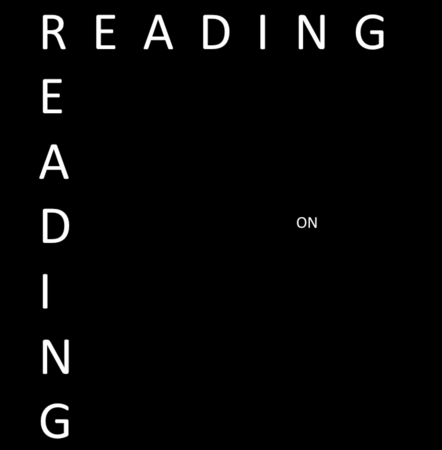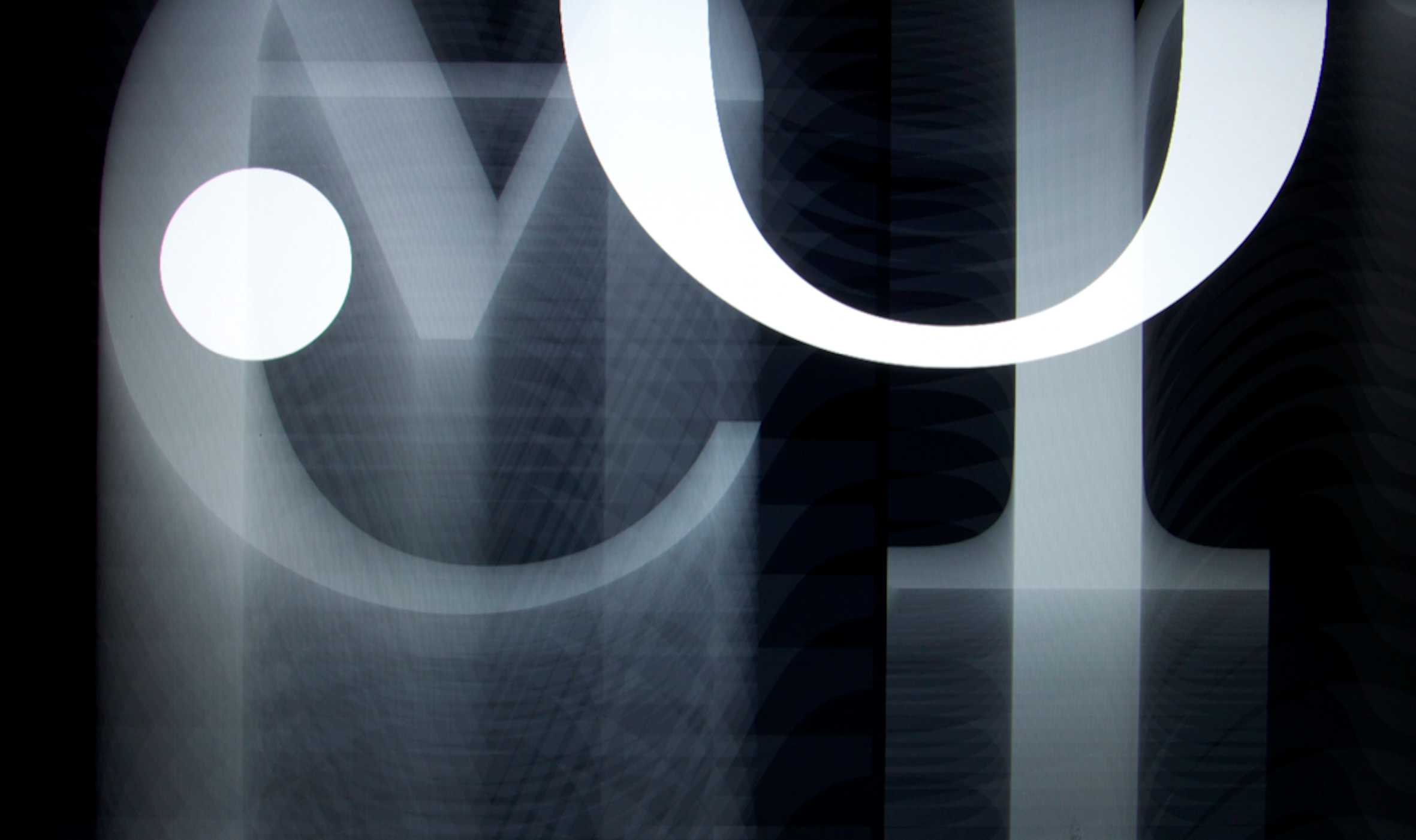EMMA COCKER | CORDULA DAUS | LENA SÉRAPHIN
Different ways of reading can generate different registers of sense making and affect; there is scope for testing experimental tactics. Reading can be activated mid-sentence or half way down a page, allowing for detours and distractions. Certain language must be rolled in the mouth before it can be digested, new meanings revealed in the pauses and durations breathed between the words.
Reading on Reading is a series of experimental reading practices developed collaboratively by Emma Cocker, Cordula Daus and Lena Séraphin whilst working together in the Research Pavilion #3, Venice, 2019, for exploring what alternative modes of sense making are produced when reading is undertaken artistically, as an aesthetic activity.This exposition shares practices and reflections generated in-and-through this collaborative enquiry. Whilst operating as a document or archive of a specifically time-bound research activity, the intent is that the various reading-scores could also be activated by other readers.
Within this research collaboration, reading is explored as a practice for not only organising the relation of the reader to a text read, but also as a micro-political or ethico-aesthetic practice through which to re-consider — perhaps even re-organise — the relations between self and other(s), self and world. The act of reading (especially undertaken as a shared or collective activity) has potential as an ecosophical practice, embodying and reflecting Félix Guattari’s notion of ecosophy (with its three ecological registers of environment [environmental ecology], social relations [social ecology] and human subjectivity [mental ecology]). Drawing on reading’s dual potential as both an aesthetic and ecosophical practice, Reading on Reading: Ecologies of Reading explores three interrelated foci: We ask: How can aesthetic practices of reading: (1) Shed new light on the phenomenology (or how-ness) of reading? (2) Transform the often-solitary activity of reading into a shared or communal act — and explore what modes of sociality, solidarity and emergent ‘we’ arise therein? (3) Operate as a disruptive process, unsettling normative conventions of reading through focus on the poetic, affective and material dimensions of readerly experience?
Additionally, the shared practices of reading are organised and framed through three thematics, conceived in relation to and through the prism of our own individual research interests around reading, acknowledging the specificity and singularity of each individual researcher's own ongoing enquiry within a collaborative exploration: Poetics of Attention [Emma Cocker]; Vocalisation [Cordula Daus]; Site and Subjectivity [Lena Séraphin]. In so doing, our aim is to exercise and reflect on a sense of the idiorrythmic nature of collaborative practices of research (as much as practices of reading): towards an ecology of research and reading predicated on the delicate relation between being-with and being-apart; between engagement and withdrawal; between solidarity and singularity; between the ethics and politics of both gathering (togetherness, commonality) and dispersal (separation, departure).
A contextual frame for our research collaboration [Reading on Reading: Ecologies of Reading] was further established during our involvement in the Research Pavilion #3, through our co-organisation and hosting of the research event, CONVOCATION: On Expanded Language-based Practices (16 — 18 June 2019). CONVOCATION — a call to come together, a gathering of expanded language-based practices. Weaving between artistic research and phenomenological approaches, this 3-day event included open workshops, live research, collective writing / reading exercises, and performative lectures, and was conceived as a reciprocal space for creating viable interconnections with a wider international community of artistic researchers (a multitudinal 'ecology' of contemporaneous practices) through a material encounter with language experienced in its diversity.

